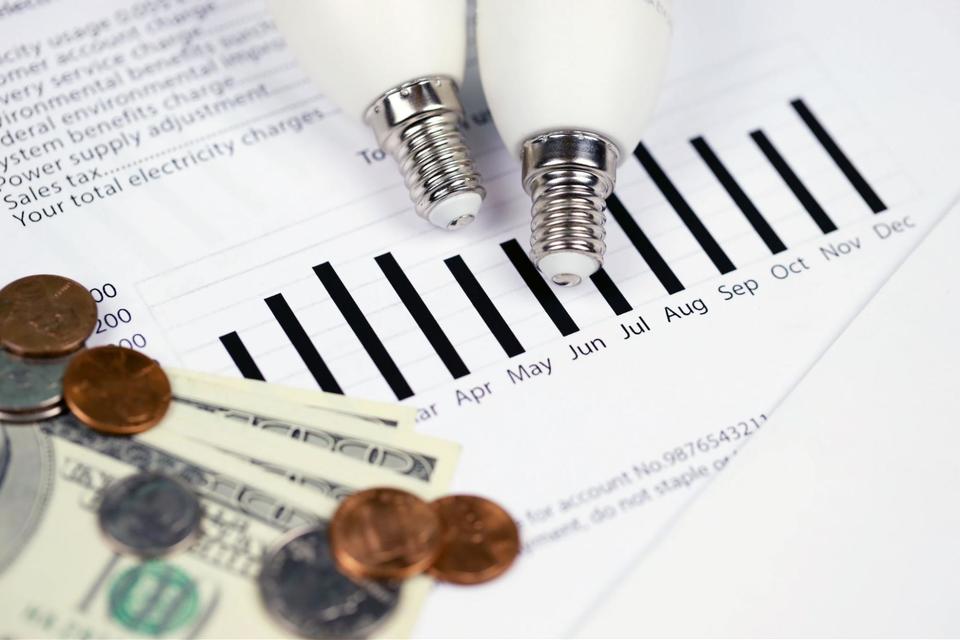How Much Electricity Does a Heat Pump Use?

Heat pumps typically use around 2,000 to 6,000 kWh annually. However, usage varies throughout the year. The amount of energy you can expect your heat pump to consume depends on factors such as outdoor temperatures, the size of your home, and the efficiency of your system.
In this article, we cover topics such as:
Read on to learn more about how much electricity a heat pump uses and to determine whether one is right for your household.
Get an Energy-Efficient Heat Pump Tune-Up with Advantage Air!
At Advantage Air Mechanical, we bring over 30 years of experience to every job. With trustworthy, highly trained technicians and fair, honest prices, we’re the name you can trust for all your heat pump repairs and installations. Contact us today for more information.
How Heat Pumps Use Electricity
Traditional furnaces use heating elements or burners to generate heat, but heat pumps work by moving warm air. When in heating mode, they draw warm air from outside and transfer it indoors. In cooling mode, they reverse this process to move indoor heat outside. This is more efficient than electric resistance heating.
Heat pumps have a compressor that circulates refrigerant, a fan that moves the conditioned air, and auxiliary heat strips that activate when it’s cold outside. These components use power at different rates, especially in periods of extreme cold or heat, making it difficult to gauge how much electricity a heat pump uses in a month.
Average Electricity Usage per Day, Month, and in Winter
How much electricity a heat pump uses each day depends on the season and the climate you live in. In a moderate climate, annual energy use in a typical home with an energy-efficient 3-ton heat pump ranges from 2,000 to 6,000 kWh per year.
This breaks down to around 170-500 kWh per month in the peak months and roughly 5-16 kWh per day. Colder climates typically see higher usage during the cold months, but in Tucson, many homeowners enjoy lower energy expenses throughout winter.
Factors that Impact Heat Pump Electricity Consumption
Electricity consumption varies considerably across climates, households, and heat pump models. Outdoor temperature extremes force the unit to work harder, while inadequate insulation or leaky ducts reduce efficiency. Additionally, your thermostat settings and run time contribute to overall usage, while dirty filters and coils or refrigerant issues prevent it from running at peak performance.
The unit itself also impacts electricity consumption. For insight into its efficiency, refer to its SEER2/HSPF ratings. Keep in mind, however, that even efficient units use more electricity if they aren’t properly maintained or the right size for your home.
How to Estimate Your Heat Pump’s Electricity Usage
To estimate how much electricity your heat pump uses in the winter or other peak times, check the unit’s data tag. There, you’ll find the wattage or kW rating. Next, determine monthly usage by plugging the numbers into this formula:
- kW rating × hours run per day × days in billing cycle = kWh/month
Electricity usage varies over the life of the heat pump, but using a smart thermostat or home energy monitor provides more accurate data. By comparing your unit’s energy usage with your utility bill history, you can measure the impact of factors such as weather conditions over time.
Tips to Reduce Electricity Costs With a Heat Pump
While your heat pump inevitably draws more power in the cold and hot months, several strategies can help you reduce electricity costs. These include:
- Schedule seasonal maintenance. Regular professional maintenance keeps your heat pump running at peak performance while helping you avoid unexpected repairs.
- Set thermostats for gradual adjustments. Large temperature adjustments tax your system, but maintaining a consistent, narrow temperature range keeps the heat pump from overworking.
- Use programmable or smart thermostats. The right thermostat can help you reduce usage when your house is unoccupied while letting you stay comfortable when you’re home.
- Improve home insulation and seal air leaks. Eliminate escape routes for conditioned air to avoid wasting electricity.
- Supplement heat as necessary. Rather than overworking your system, add zoning or other heating solutions to maintain comfort in high-demand rooms.
Lower Your Heat Pump Energy Bills with Advantage Air!
When it’s time to schedule a heat pump repair, trust Advantage Air Mechanical to take care of the job. Our techs aren’t paid on commission, so we’ll never upsell you, and with fast and convenient scheduling, we restore your home’s comfort in record time. Call us today to learn more.